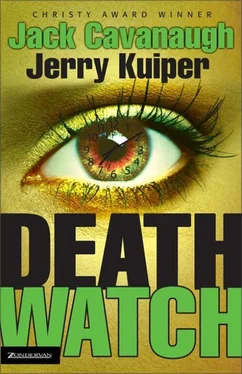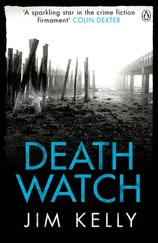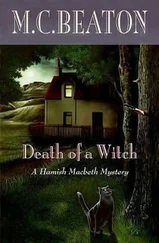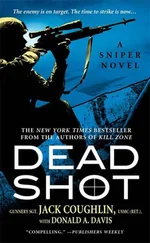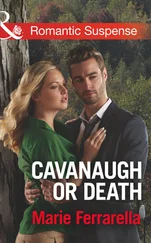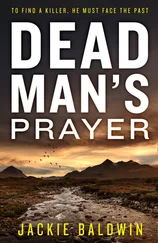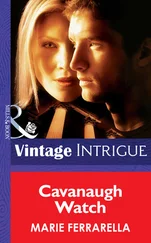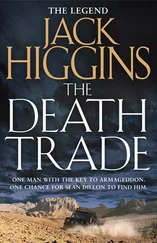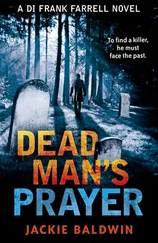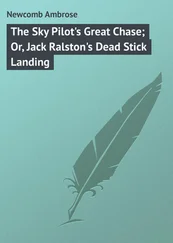Right about then, the policeman took a good look at her. Then a second good look. He signaled to the other officers that he had everything under control. Then he half pulled, half led Sydney away from the car to the sidewalk. He demanded to see identification.
Sydney produced a press card and driver’s license.
“Want to see mine too, Officer?” Zappa asked.
The officer winced, either from the sight of Zappa or the smell of Zappa.
“Yeah,” the officer said, but he didn’t sound all that eager.
Zappa dug into his back pocket, nearly losing his already sagging pants in the process. He pulled a limp driver’s license and a stained press card from a wallet that had once been brown, but was now covered with some kind of black goo.
The policeman held Zappa’s ID by the edges. The picture on the driver’s license showed a clean-shaved, short-haired happy-looking guy. The officer squinted at the cameraman as though he was trying to locate something recognizable beneath all the facial hair. Apparently he did, because he handed Zappa’s ID back to him.
“What did you take pictures of?”
“Panorama of the intersection. Then you busted us.”
The policeman looked at Zappa, then the distance Zappa was from the car when he’d first seen him.
“All right. You can go,” he said.
Zappa looked to Sydney.
“I’ll be all right,” she said.
Zappa shrugged and walked away, pulling an unwrapped piece of beef jerky from his pants pocket.
The officer turned his attention to Sydney’s ID. “Glendale, huh?” he said. He looked at her, at the ID, then back at her. “Best driver’s license photo I think I’ve ever seen.”
“Why are the police taking so long to clear this accident?”
The officer handed her ID back. “I should arrest you.”
“For what? Stealing loose change from the floorboard? It’s an accident, not a crime scene.”
“You shouldn’t have been nosing around.”
“That’s my job, Officer Pollard.” She’d read his name from the badge above his shield.
“Did you touch anything?”
Sydney smiled. “What an interesting question, Officer.”
Why would he be concerned if she touched anything? He could easily see she didn’t take anything. There were two pieces of paper still on the seat, and the keys still in the ignition. There was nothing else to take. But there was something to leave. Fingerprints. Police didn’t dust traffic accidents for prints; they dusted crime scenes for prints.
“Why haven’t you taped off the scene?”
A worried look clouded Pollard’s face. He’d tipped his hand and he knew it. “This is just what it looks like,” he said. “A car crash. Nothing more.”
“With a telegram on the front seat that threatens a man’s life?”
Officer Pollard cursed. “You shouldn’t have seen that.”
“Why the ruse?”
Pollard looked past her to the other officers. There was worry in his eyes, the kind of worry that’s a close cousin to fear. He didn’t want to tell his superiors that he’d messed up.
“Look, Officer Pollard,” Sydney said, “you know all this is going to come out eventually.”
“I’m going to let you go this time,” Pollard said, trying to make it sound like he was doing her a favor. “Get outta here.”
“You know I have to report what I saw,” Sydney said.
He stared at her, the long-standing animosity between law enforcement and journalism flaring up one more time.
Sydney said, “Look, I can speculate as to the reason why the police want this to appear to be something other than a crime scene, but I’d rather report the facts.”
Pollard started to walk away.
“I won’t use your name,” she called after him.
He kept walking.
Sydney stared at his back. Her source was getting away. She could follow up at the police substation, but all she’d get would be an official, carefully worded statement, devoid of any newsworthy copy. Pollard knew what was going on here. Somehow, she had to get him back.
An approach came to mind. She rejected it. She’d promised herself long ago she’d never resort to that tactic. But she had to do something! If she allowed Pollard to reach the other policemen, she’d never get him back.
“Officer Pollard,” Sydney called. There was a story here, and she was going to get it. She caught up with him. “Officer Pollard,” she said, placing a hand on his arm.
Pollard swung around and looked at her hand. His gaze followed it up her arm to friendly eyes.
Sydney hated doing this. She hated it when women used their sexuality to get what they wanted.
Pollard didn’t seem to mind.
“Give a girl a break, will you?” Sydney pleaded. “My assignment editor sent me out here. She sensed immediately something was odd about this accident. I know you have your job to do, but I have a job to do too. And if I go back there empty-handed, I’m going to be stuck reporting the birth of kittens for the rest of my career.”
Her hand was still on his arm. She gave it a squeeze. Pollard didn’t seem to mind.
“Look, Miss.”
“Sydney. Sydney St. James.”
“Look, Miss St. James, I’d like to help you, but.”
He wanted to help her. His goofy grin gave him away. He just needed a little nudge.
“This is more than just the death of a Covina man, isn’t it?”
Pollard reacted visibly when she mentioned Covina.
“The registration on the front seat. It was there when I arrived. Honest.” She gave him a small smile.
Pollard stared at her. Evaluating. Thinking.
Thinking is good, Sydney told herself. A minute ago, he was walking. Now he’s thinking.
Pollard glanced over his shoulder. Behind him a police photographer was shooting stills of the vehicle. A sergeant looked on. Pollard turned back to Sydney. He sighed.
A sigh is good. From walking, to thinking, now sighing. That’s good, isn’t it?
Pollard walked her back to the sidewalk.
“That telegram?” he said in alow voice.
“Yes?”
“It’s the seventh one this morning.”
“Seven telegrams informing people they’re going to die?”
“The form varies, but there have been seven transmissions, all with identical wording. All found at a death scene.”
Sydney reached for her notepad.
Pollard became agitated. “What are you doing? If my sergeant sees you…”
“Oh, sorry.”
Simultaneously, they checked on the sergeant. He was instructing the photographer, leaning over and pointing at the steering wheel.
“Sorry,” Sydney said again. “You have seven notices tied to seven murders all this morning?”
“That’s not the strangest part,” Pollard said. “As best as we can determine, the deaths occur exactly at the announced time. I mean exactly.”
“According to the telegram in the Taurus, the victims are given forty-eight hours’ notice. Surely, they contacted you that their lives had been threatened.”
“Five did. Mr. Conley was one of them.”
“So he was under police protection?”
Pollard shook his head. “We’re not a bodyguard service.”
“The deaths. All car accidents?”
“I’m not at liberty to elaborate, but I can tell you, from what I’ve heard, they’re all different.”
“Have you been able to establish any link between the victims? Did they all work at the same place, belong to the same union, members of the same bowling league?”
“As far as I know, nothing links the deaths other than the notices.”
“Has anyone called to take credit for the deaths?”
Pollard was feeling increasingly nervous. He kept glancing over his shoulder. “I’ve gotta go,” he said.
“One more question, Officer Pollard.”
Читать дальше
